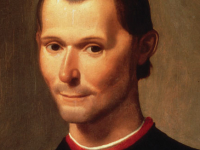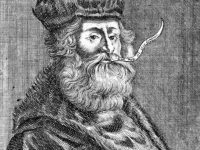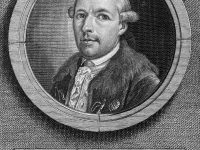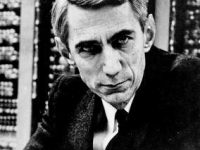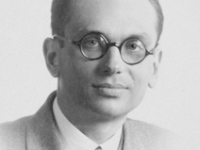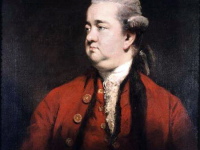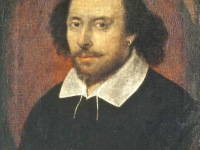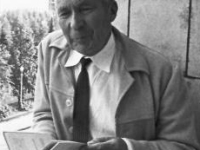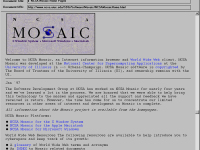Freudian Slips and other Trifles
On May 6, 1856, Sigmund Freud was born, founder of modern Psychology and Psychoanalysis. As the father of Psychoanalysis, which dealt greater with subconscious motives to behavior, Sigmund Freud alone sculpted what modern psychology would become. His renowned ideas, which have focused on the Id, Ego, and Super-Ego of the mind are still studied to this very day and are employed in the offices of psychologists in some form or another worldwide. Freud’s theories,…
Read more


